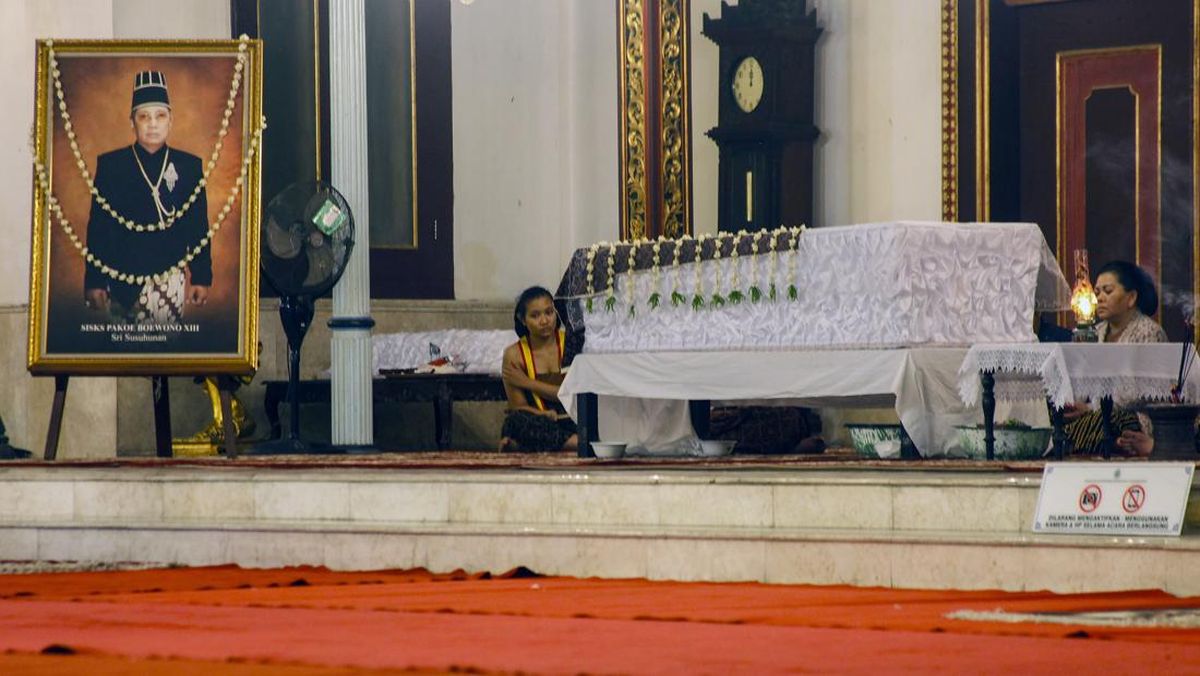Given the sweep of the annual Booker Prize, the premier prize for literature written in English, it is constantly surprising how much books written many thousands of kilometres from each other pick up on similar themes. Reading this year’s shortlist felt like walking through a succession of dioramas showing the dislocation of people, the what-happens-next stories of the people who cross borders and fill our newspaper headlines. They are stories, from wherever they come, that speak to the here and now.
So many characters know themselves to be outsiders. In Kiran Desai’s The Loneliness of Sonia and Sunny – currently the bookies’ frontrunner to win – we meet middle-class Indians shredded by the competing demands of tradition and ambition, of their Indian loyalties and Western leanings, as they move between continents. Susan Choi’s Flashlight revolves around Serk, an explosively furious Korean father of an American family whose mysterious disappearance throws a spotlight on how little anyone knows about him. He has never fitted in.

Kiran Desai’s sprawling novel The Loneliness of Sonia and Sunny is hotly tipped to win this yeas Booker Prize.Credit: NYT
The cultivated Asian-American actor in Katie Kitamura’s Audition, by contrast, seems like a perfect fit with the rarefied atmosphere of upper-crust Manhattan. That is until the seal to her sedate world is broken, and she has to deal with intruders: people who resemble her and seem to think they can thus make a claim on her. In David Szalay’s Flesh, a parvenu plutocrat from Hungary moves among the British super-rich saying almost nothing; whatever inner life he may have is not available to anyone. That includes us, the readers; the effect is deeply disquieting.
Even Andrew Miller’s The Land in Winter, which is set in 1962 and burrows into the marriages of two couples living in a snowbound English village, is about a sense of displacement. Here, however, the divisions are grounded in class. Eric, the country doctor with traces of the despised Brummy accent, feels his inferiority to gracious Irene, his wife; Rita, a former showgirl, is married to Bill, who has given up the advantages bestowed by his public school to farm a smallholding, trying to pass as a country yokel. There is no hope that Rita will pass as a farmer’s wife.

English novelist Andrew MIller’s The Land in Winter is also a favourite to win.Credit: Getty Images
Class is not the only divide, even here and even then; there are already foreigners, clinging to survival. Bill’s father left central Europe to become a criminal in the East End, a stain his son’s education and pure intentions cannot erase. Eric’s colleague Gabby has an accent too; his shirtsleeves don’t quite cover the numbers tattooed on his arm. Miller’s genius is to show how this sense of unbelonging seeps through the lives of these mismatched couples and the displaced persons in their midst, just as the terrible cold of that legendary 1962 winter wafts into houses, beds or shoes.
The last of the six contenders, Ben Markovits’ The Rest of Our Lives, also revolves around an uncomfortable couple, although there are no intruders in their seamlessly American lives. Tom Layward is a legal academic in what he calls a “C-minus marriage”. After his wife had an affair 12 years earlier, he promised himself he could leave her after their younger child goes to college. The day has come. He drops Miriam off at her dorm, then heads west. What follows is a half-jocular, half-confessional account of his midlife crisis on the road. There are highway diners, a dive bar and some very bad food; meanwhile, he is increasingly aware he is ill. His tone with us, however, remains relentlessly breezy. California, here he comes.

British-American author Ben MarkovitsCredit: Kat Green
Istvan, the moving force in Canadian-born Szalay’s Flesh, arrives in London 50 years after Bill’s shady father and the doctor in The Land in Winter. He isn’t running from anything; he has no great hope but to make a living. Fate, however, has plans for him. Landing a job as a personal security guard, he beds and then marries his employer’s widow. It is her money – along with his acumen as a property developer – that makes him rich.
Flesh is a kind of Dick Whittington fable, but it has none of the flourishes of fairytale. There are pages of conversation, but Istvan rarely says more than “OK”. Where there is description, it is aggressively slapdash, the kind of thing Istvan himself might write. The net effect is propulsive and surprisingly gripping.
Two books reflect the diversity of the Asian-American diaspora. In Choi’s Flashlight, Serk, the Korean engineer, is married to Anne; they have a daughter, Louisa. Serk has a nightmarish past, having lost most of his family in North Korea’s ideological purges. He shares this with no one; instead, his compressed pain bubbles over in almost perpetual fury with everything except his beloved child. When he vanishes from a beach on holiday in Japan, he is assumed to have drowned; as the real story emerges, the novel switches gears to become a kind of reportage about the North Korean “disappeared”. It is structurally clunky, but what Choi is telling us is so shocking that it scarcely matters.

American novelist Susan Choi.Credit: Getty Images
In Kitamura’s highly polished Audition, an unnamed actress of unspecified Asian origins is married to Tomas, a writer, in two hinged stories that are both versions of the same life, one with and one without a child. In the first account, a mixed-race young man called Xavier announces himself as the actress’s long-lost son; in the second story, he moves into her apartment with his girlfriend.
Cool and elusive, Audition presents Tomas and his wife as actors on the stage where any unannounced entry from the wings is a profound disruption. Both halves of the story vibrate with resentment, but both the actress and Kitamura’s prose are too refined to spill into anger; our nameless heroine is as alienated from her own feelings as she is from her surroundings. Complex, provoking and acutely observed, Audition feels flawless – which is not to say it should win.

Katie Kitamura’s highly polished Audition is cool and elusive.Credit: NYT
Many critical bets are on Desai’s The Loneliness of Sonia and Sunny. It’s easy to see why. It’s big, in an authentically Bollywood sense. It is stuffed with bracing zingers about the foibles of both Indians and Americans, details of food, birds, knick-knacks in Rajasthani castles, shopfronts in Jackson Heights, comedic servants, eccentric fathers and grasping mothers, bouncing through 700-odd pages as star-crossed Sonia and Sunny keep finding love and then losing it again.
They are both aspiring writers who worry over presenting versions of India that serve up the culture in a way that will appeal to Westerners; Desai herself, in fact, does exactly this. What she also does, however – terrifically well – is convey the sense of falling in love, of attraction and seduction and the sensual fulfilment of intimacy, without a hint of cheesiness or excess. Also central to the story is her understanding of a masala identity: how ricocheting between cultures bestows complexity as well as confusion. It is a bravura work.
Loading
Desai has already won once, with her equally hefty The Inheritance of Loss, in 2006. Will she win again? Rumour has it that hers is the chairman’s favourite, but the great question next week will almost certainly be which book Carrie Bradshaw picked. There is, in fact, no clear front-runner here.
Despite a certain perverse fondness for the frosty brilliance of Audition, I would plump for Miller’s The Land in Winter. Others on the longlist outstripped it for inventive exuberance: I’m thinking of Maria Reva’s Endling, a wild ride through snail studies, the Ukraine War and bride markets that left me breathless.
On this shortlist, however, Miller’s feel for recent history, his conjuring of the physical world and, above all, his wizardry with the English language make him best in show.
The winner of the 2025 Booker Prize is announced on November 10 in London.
The Booklist is a weekly newsletter for book lovers from Jason Steger. Get it delivered every Friday.


















































